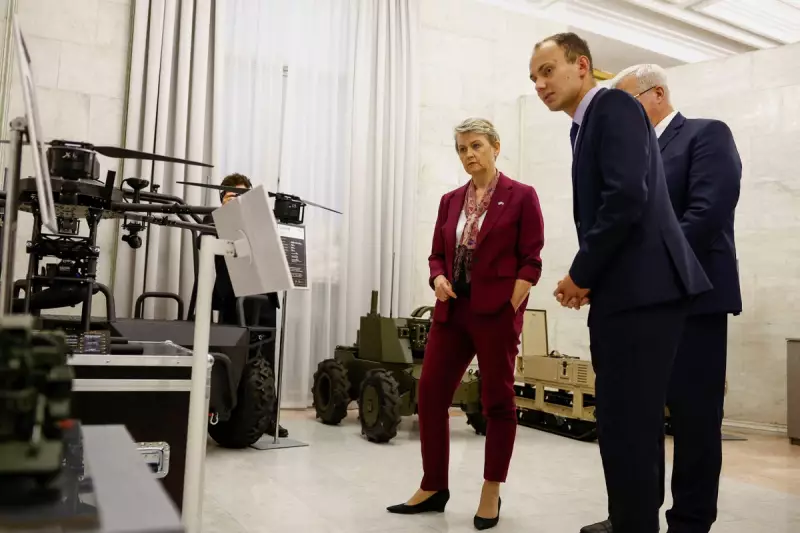
Senior Labour Party figures are facing mounting questions over their past financial connections to Russian state-controlled oil company Rosneft, as Western nations intensify sanctions against Moscow following its invasion of Ukraine.
Shadow Home Secretary Yvette Cooper and Shadow Defence Secretary John Healey have both confirmed receiving payments from the energy giant for participating in security conferences between 2015 and 2018. The revelations come at a highly sensitive time, with Britain implementing stringent economic measures against Russian interests.
Parliamentary Records Reveal Payments
According to official register of interests declarations, Mr Healey received £3,750 from Rosneft for speaking at two events in 2015 and 2017. Meanwhile, Ms Cooper was paid £2,000 for her contribution to a 2018 conference.
Both politicians have emphasised that these engagements occurred several years ago and focused on international security matters rather than energy policy. They have consistently condemned Russia's aggressive actions in Ukraine and support the current sanctions regime.
Timing Raises Political Temperature
The disclosure emerges as Western governments target Russia's energy sector and oligarchs with unprecedented sanctions. Rosneft, as Russia's state-controlled oil champion, represents a key pillar of the Kremlin's economic and political power.
Conservative MPs have begun questioning the appropriateness of these past financial ties. There are growing calls for greater transparency about the nature of these engagements and whether they create potential conflicts of interest given the current geopolitical crisis.
Labour's Stance on Russia
The Labour leadership has maintained a firm position against Russian aggression, with Sir Keir Starmer's team emphasising their full support for strong sanctions and military aid to Ukraine. Party sources indicate that all shadow ministers would now refuse similar engagements with Russian state-linked entities.
However, critics argue that these historical financial connections highlight the need for greater scrutiny of political figures' dealings with authoritarian regimes, even when such engagements initially appear legitimate.
As the conflict in Ukraine continues to dominate political discourse, the pressure on public figures to account for all past interactions with Russian state interests shows no signs of diminishing.





